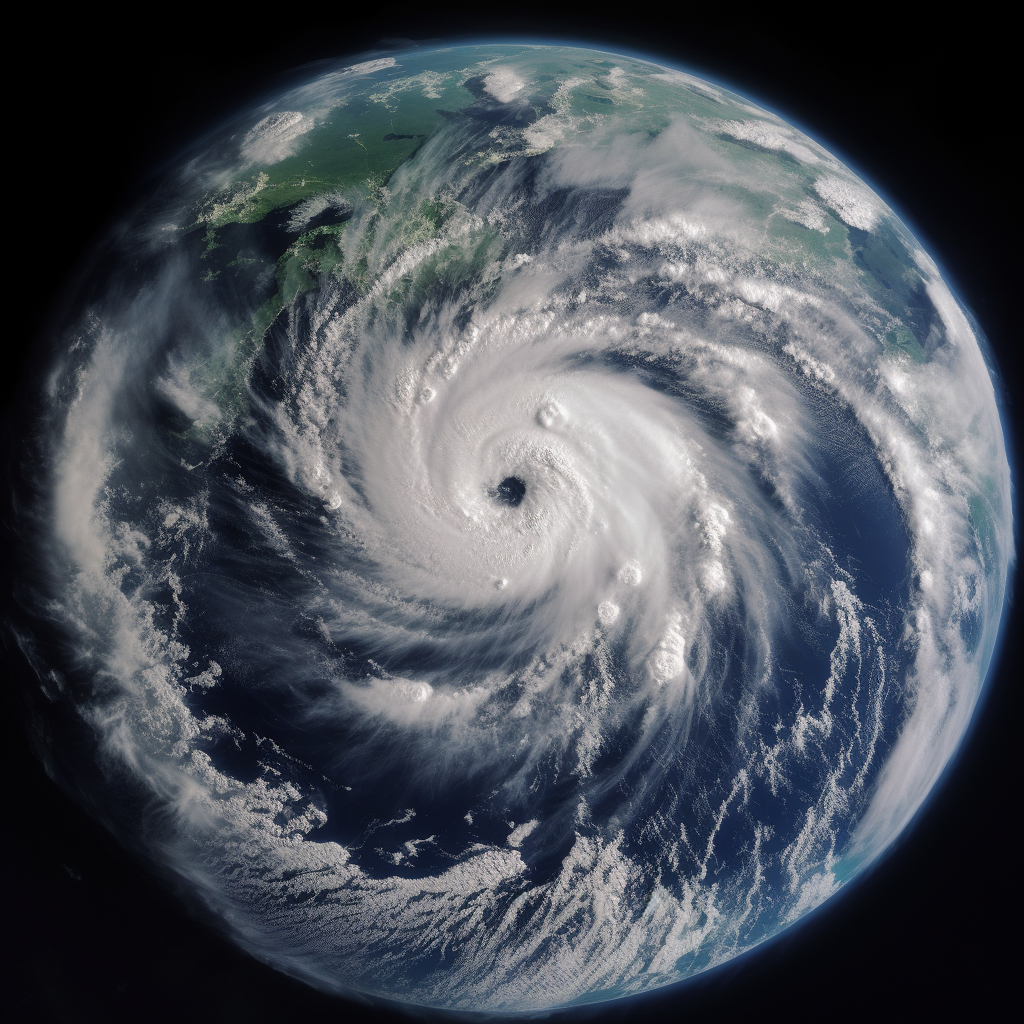May 16, 2023
Cyclone Mocha Devastates Myanmar and Bangladesh
Book a Demo
Cyclone Mocha, a powerful tropical storm, made landfall in Bangladesh and Myanmar, causing devastation and affecting millions of people. The storm brought heavy rainfall and high winds, resulting in flooding, landslides, and infrastructure damage. As a result, emergency relief efforts by aid agencies were necessary to provide shelter, food, and medical assistance to impacted communities.
The intensity of the cyclone and other extreme weather events in the region is believed to be a result of climate change. The need for stronger disaster preparedness and climate resilience measures in vulnerable communities is crucial to prevent future disasters. International cooperation and funding are also necessary for long-term recovery and adaptation to climate change impacts in affected areas.
The impact of Cyclone Mocha underscores the need for stronger disaster preparedness measures in vulnerable areas. Thousands of people were evacuated from coastal areas in anticipation of the storm. The region is prone to cyclones and has a history of deadly storms. Relief agencies were on standby, ready to provide aid and assistance to affected communities.
Cyclone Mocha caused heavy rainfall and strong winds in Bangladesh and Myanmar, resulting in the deaths of at least two people. Thousands were evacuated as the Bangladesh government deployed rescue teams to assist those impacted. Cyclone Mocha was the second major cyclone to hit the region this year, following Cyclone Amphan in May. The devastating impact of these storms highlights the need for stronger disaster preparedness and climate resilience measures.
Immediate aid and assistance from relief agencies are crucial to support impacted communities. The impact of Cyclone Mocha and other extreme weather events in the region should serve as a wake-up call for the international community to take action against climate change and support vulnerable communities in building resilience to future disasters.



